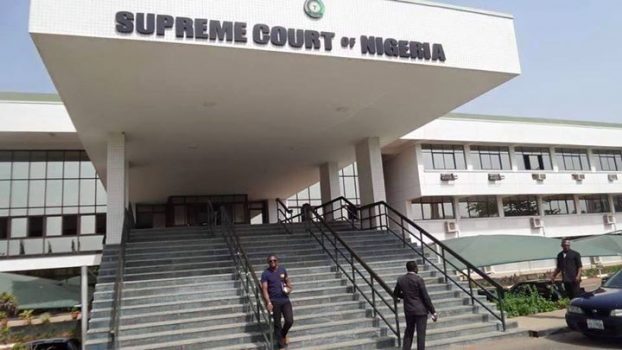 The Supreme Court has granted financial autonomy to the 774 local government councils in Nigeria, declaring that governors cannot dissolve democratically elected Local Government (LG) councils. This landmark judgement, delivered on Thursday, emphasizes that such actions would violate the 1999 Constitution.
The Supreme Court has granted financial autonomy to the 774 local government councils in Nigeria, declaring that governors cannot dissolve democratically elected Local Government (LG) councils. This landmark judgement, delivered on Thursday, emphasizes that such actions would violate the 1999 Constitution.
In the lead judgement read by Justice Emmanuel Agim, the Supreme Court directed that LG allocations from the Federation Account be paid directly to the local governments, bypassing state government coffers. Justice Agim underscored the importance of local government councils managing their funds independently, noting that the governors’ control over local government funds had hindered the efficiency of this tier of government. He ordered the immediate implementation of the judgement, stating that no state government should receive monies meant for local governments.
The apex court’s ruling comes in response to a suit filed by the Attorney General of the Federation (AGF), which sought to prevent governors from arbitrarily dissolving elected councils. The AGF’s suit was based on 27 grounds. The 36 state governors, named as defendants, opposed the AGF’s suit. However, the Supreme Court dismissed the governors’ objections, asserting that they had wasted their time contesting the suit.
Justice Agim also admonished governors for their longstanding refusal to grant local governments autonomy. He affirmed the AGF’s right to protect the constitution by instituting the suit and emphasized the need for local governments to function effectively without interference from state governments.
The ruling comes amid increasing calls for local government autonomy in Nigeria, supported by President Bola Tinubu. In May, the Federal Government, through the AGF, sued the 36 state governors over alleged misconduct of local government funds.
Currently, the Federal Government receives 52.68% of the country’s monthly revenue, states receive 26.72%, and LGs receive 20.60%, allocated by the Revenue Mobilisation Allocation and Fiscal Commission (RMAFC) and disbursed by the Federation Account Allocation Committee (FAAC). Previously, LG funds were paid into a joint account operated by state and local governments.
Justice Agim pointed out that the state governors’ retention of the monies meant for the Local Governments truncates the latter’s activities. The Supreme Court’s decision is expected to significantly impact the administration and efficiency of local governments across Nigeria.

FG Declares April 18 And 21 Public Holidays For Easter Celebrations
Mutfwang Bans Night Grazing, Restricts Motorcycles After Fresh Attacks
House Committee Summons Rivers State Sole Administrator For Interactive Session
Dangote Refinery Cuts Petrol Ex-Depot Price To ₦835 Per Litre